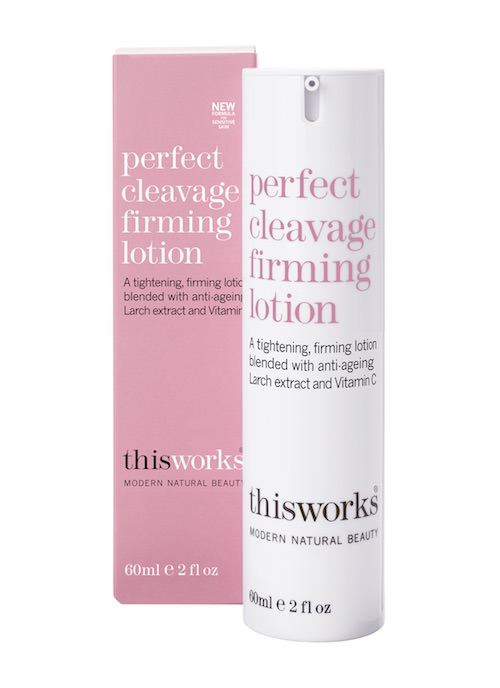The language of living with breast cancer
Your friend has just been diagnosed with breast cancer. You’re torn between crumbling alongside her and wanting to keep her strong. Breast cancer is a battle, is it not? Then she must be a warrior, setting out to slay her enemy!
So many charities and well-meaning articles, books and social media posts portray cancer – in general, not just the breast variety – in terms of going to war. But is this metaphor helpful and might it even be a hindrance as patients undergo painful operations, chemo and radiotherapy? And what if the battle is lost? Is that perceived as a failing on the soldier’s part?
Show cancer how you really feel. Join the fight #WeWillFight pic.twitter.com/ZQEqadldYa
— Cancer Research UK (@CR_UK) August 11, 2014
Reasons for using words of war
A patient’s experience of cancer is deeply personal and there may be a generational difference when it comes to putting this into words. “Recently we have found that young people strongly identify with the idea of fighting cancer and often use this language themselves,” says Hilary Cross, director of marketing and communications of Macmillan Cancer Support, an organisation that has consciously stayed clear of using the ‘language of war’ itself.
One perspective comes from Caroline Lee, who wrote memorably in The Independent last year, “For me, the ‘battle’ metaphor did help. In the weeks following diagnosis I got up one morning and decided to fight.” Lee saw this as her only choice as otherwise it was a case of lying back and giving up. “In this way, having cancer was a personal battle of strength will and determination. It was a fight. I fought every day to get out of bed every morning and keep going.” Lee is at pains to say that this verbal attitude is not for everyone. “But I didn’t win ‘the battle’; I won my battle…people should be free to describe their experience however they like. Having cancer is neither the time to censor yourself, nor have a metaphor imposed on your experience.”
It is worth noting that fighting talk is often used to great effect by cancer charities to the general public in terms of ‘rallying the troops’ to make a donation. As an example of this, The American Cancer Society even has a sword in its logo.
Reasons against using fighting talk
There’s a difference – a big difference – between those whose cancer is potentially curable, and those with a terminal diagnosis. Buying in to the battle-speak can clearly be counterproductive when the patient is ‘losing’ rather than ‘winning’ because war metaphors can make patients feel personally responsible for their condition. As well as being highly inappropriate, feelings of guilt and failure are not what anyone would wish on someone who is terminally ill.
Dear cancer research UK, is promoting a ‘fight’ing attitude in patients best interests? Have you considered the harms? @TomIHemming @CR_UK
— Margaret McCartney (@mgtmccartney) August 8, 2014
Lancaster University’s recent study of 200 patients, carers and doctors found that in most cases, battle metaphors are largely unhelpful and can even have a devastating effect on the patient. As Elena Semino, professor of linguistics and verbal art at Lancaster says, “We have enough evidence to suggest that battle metaphors are sufficiently negative for enough people that they shouldn’t be imposed on anyone… The battle metaphor applied at the end of life clearly can have harmful consequences for some people who end up feeling responsible for the fact that their illness cannot be treated.”
In conclusion
How any one person refers to her disease and related experiences is a matter of personal choice. Language using battle metaphors should never be forced on the patient; rather friends, relatives, doctors and caregivers should allow the patient to take the lead and respect her boundaries. Unfortunately, certain clichés are so deeply ingrained into the English language that it’s unlikely we’re going to hear the end of obituaries containing the words, “lost her courageous battle against cancer” any time soon.
Latest Cream Review
Browse Categories
Most popular
Dr. Organic Moroccan Argan Oil Breast Firming Cream Review
Dr. Ceuticals Bust Boost Review
UK beaches uncovered: The topless top five
Palmer’s Cocoa Butter Bust Cream Review
The politics of breasts: Know your rights
Strapless, backless or plunging – bra solutions for every dress dilemma
Nutrition and lifestyle for breast cancer prevention


